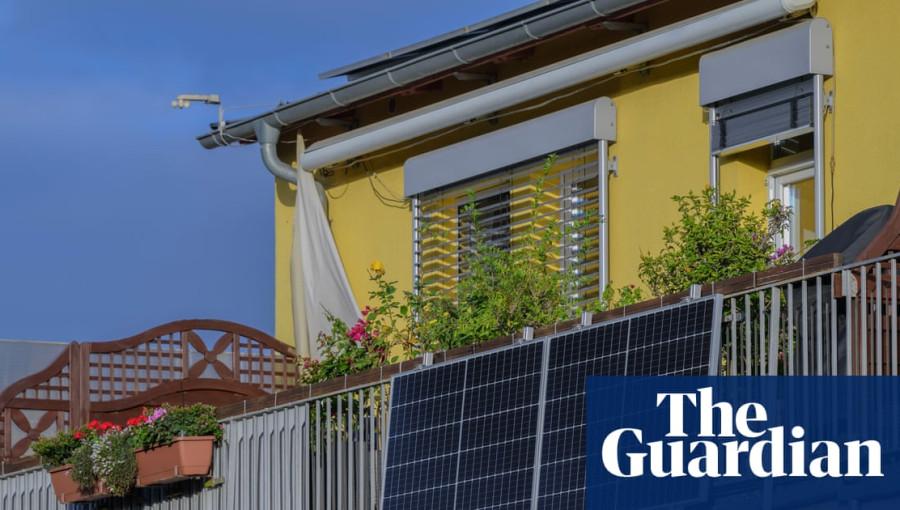Residents of flats in the UK may soon have the opportunity to utilize “balcony solar” technology, which allows for the installation of small solar panels on balconies to generate electricity for household use. While this DIY “plug-in” technology is popular in Europe, it remains prohibited in the UK due to stringent regulations regarding solar system installations. However, the UK government is launching a safety study to explore the feasibility of allowing these systems as part of a broader strategy to triple solar capacity by 2030.
Balcony solar systems enable urban dwellers to harness power from their compact outdoor spaces, contributing to savings on electricity bills. Countries such as Germany have seen a significant uptake of similar installations, known as Balkonkraftwerk, which permit homeowners to connect limited output systems directly to standard electrical outlets. In the UK, current regulations require professional installation which complicates the adoption of these systems.
The UK government’s new safety study aims to assess whether plug-in solar panels could be safely utilized, potentially offering a more affordable energy source for flat residents and allowing renters to transport the systems when moving. A typical setup for these systems, which includes two solar panels, a battery, and necessary connectors, is estimated to cost around £2,000. Storage batteries can retain excess energy generated during sunny periods, enabling efficient use of solar power.
The Department for Energy Security and Net Zero’s inquiry comes in response to increasing interest in DIY solar solutions. Industry experts have expressed concerns about safety, aesthetics, and practical installation considerations, as the UK’s infrastructure around electrical installations is distinct from that of other European countries. Achieving a balance between maximizing renewable energy access and ensuring consumer safety remains a priority as the UK navigates this potential change in solar policy.

